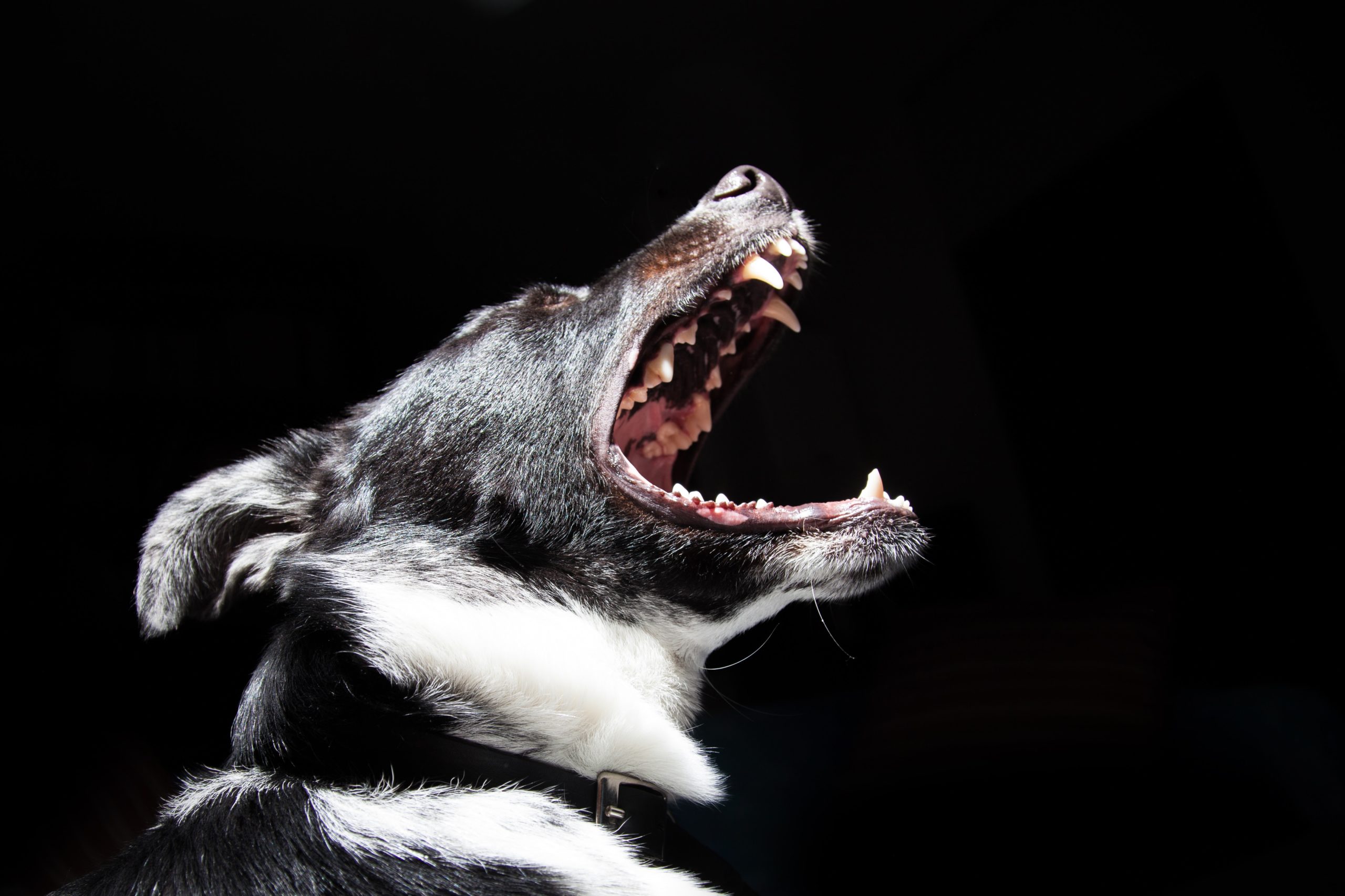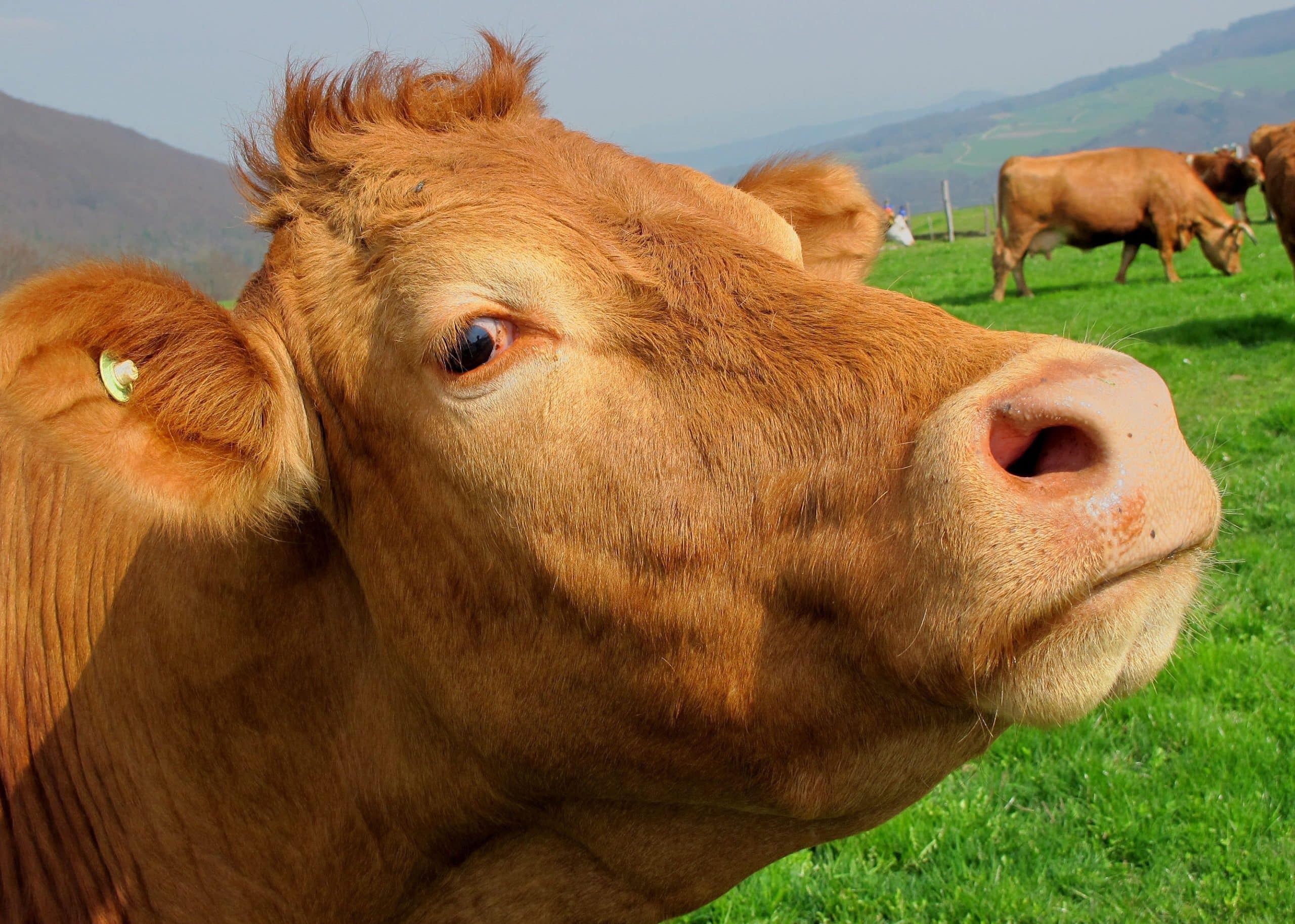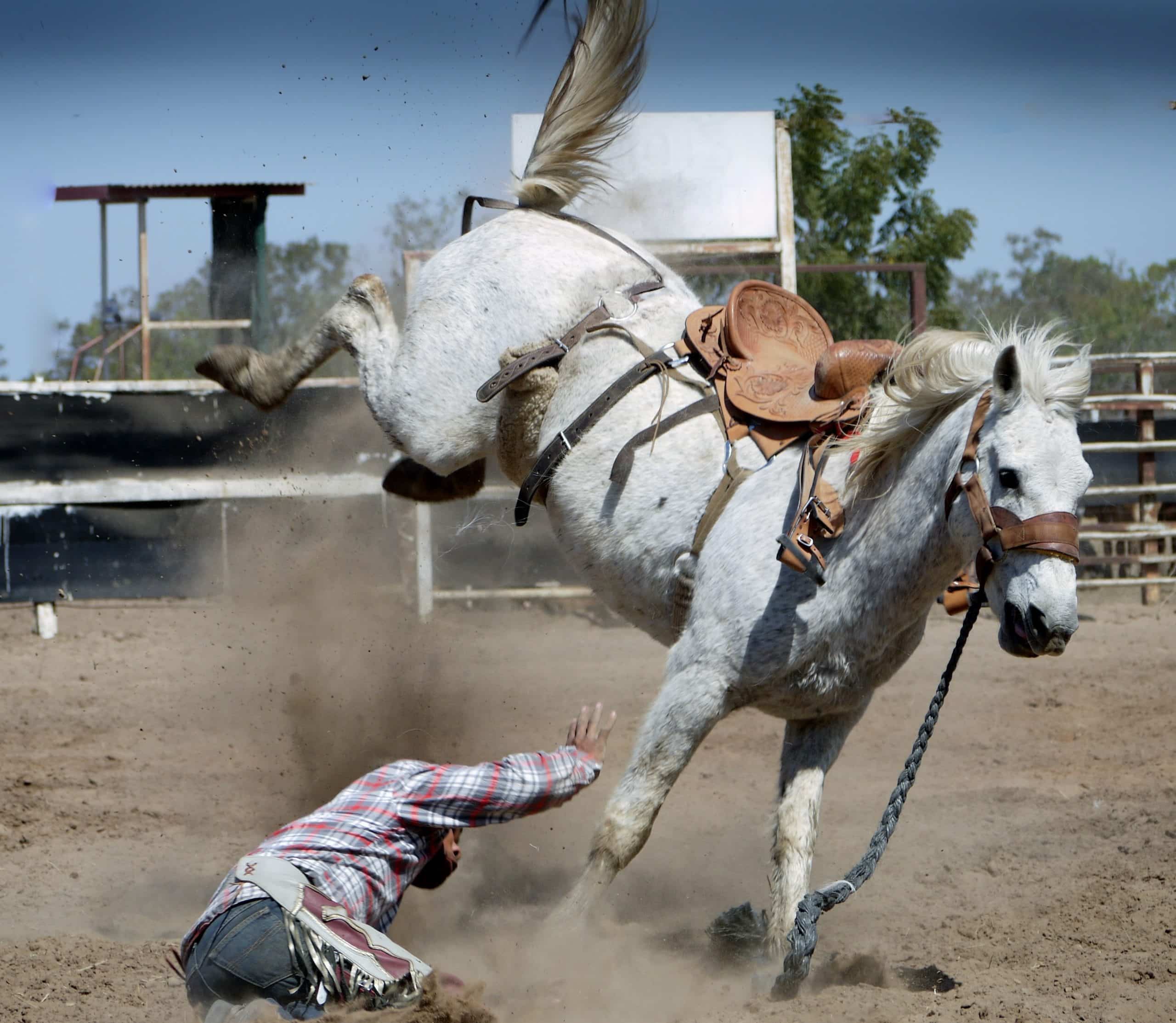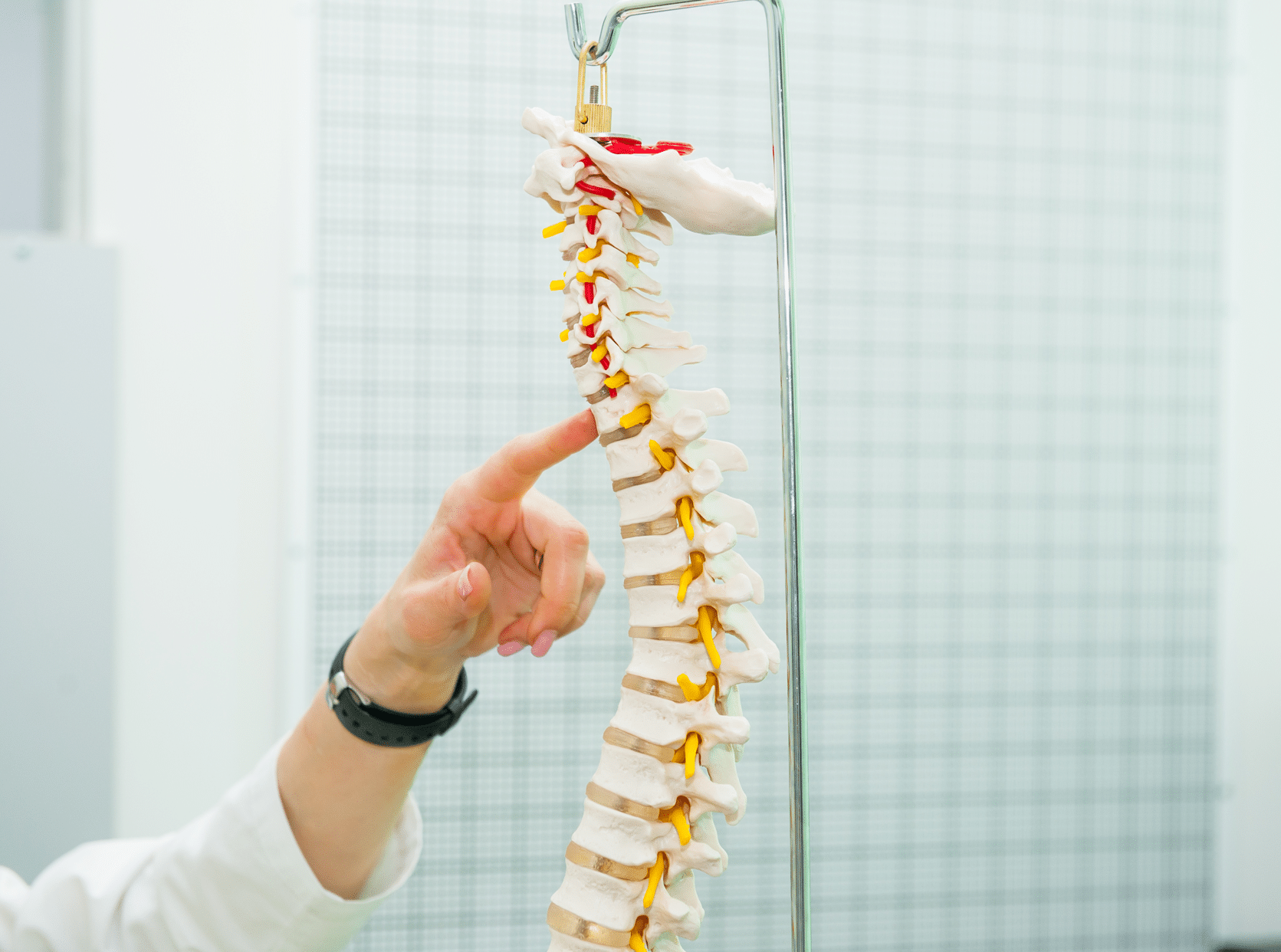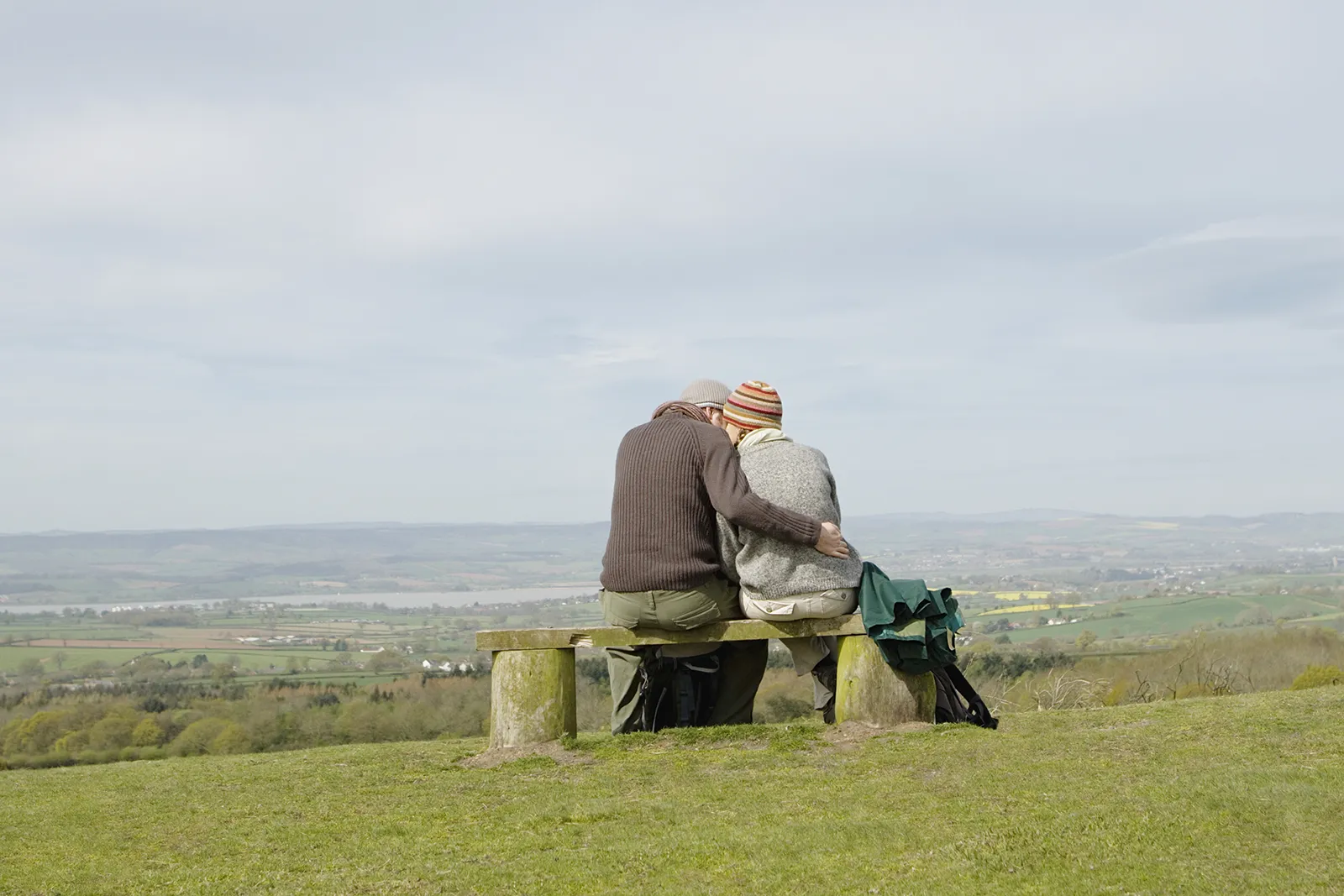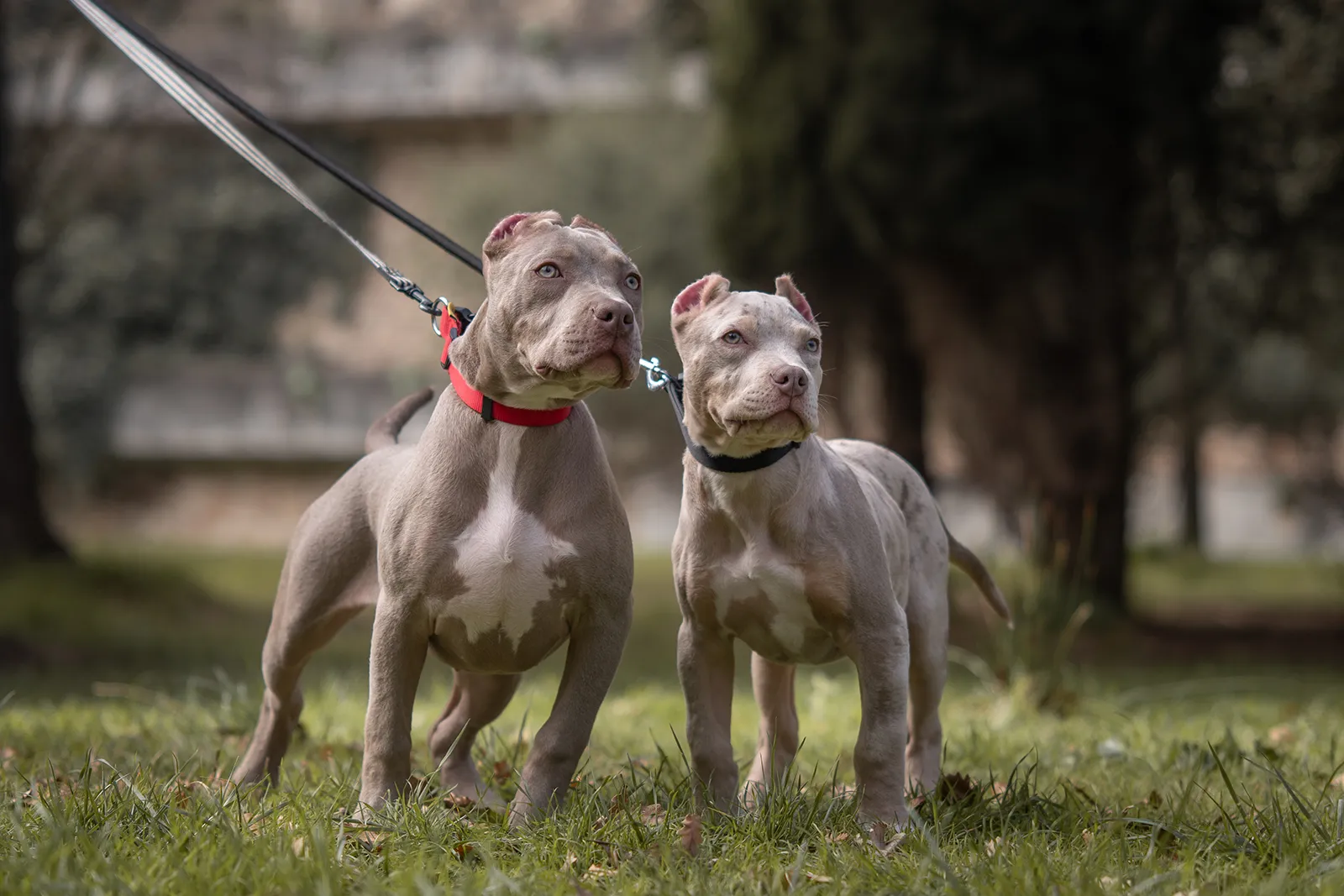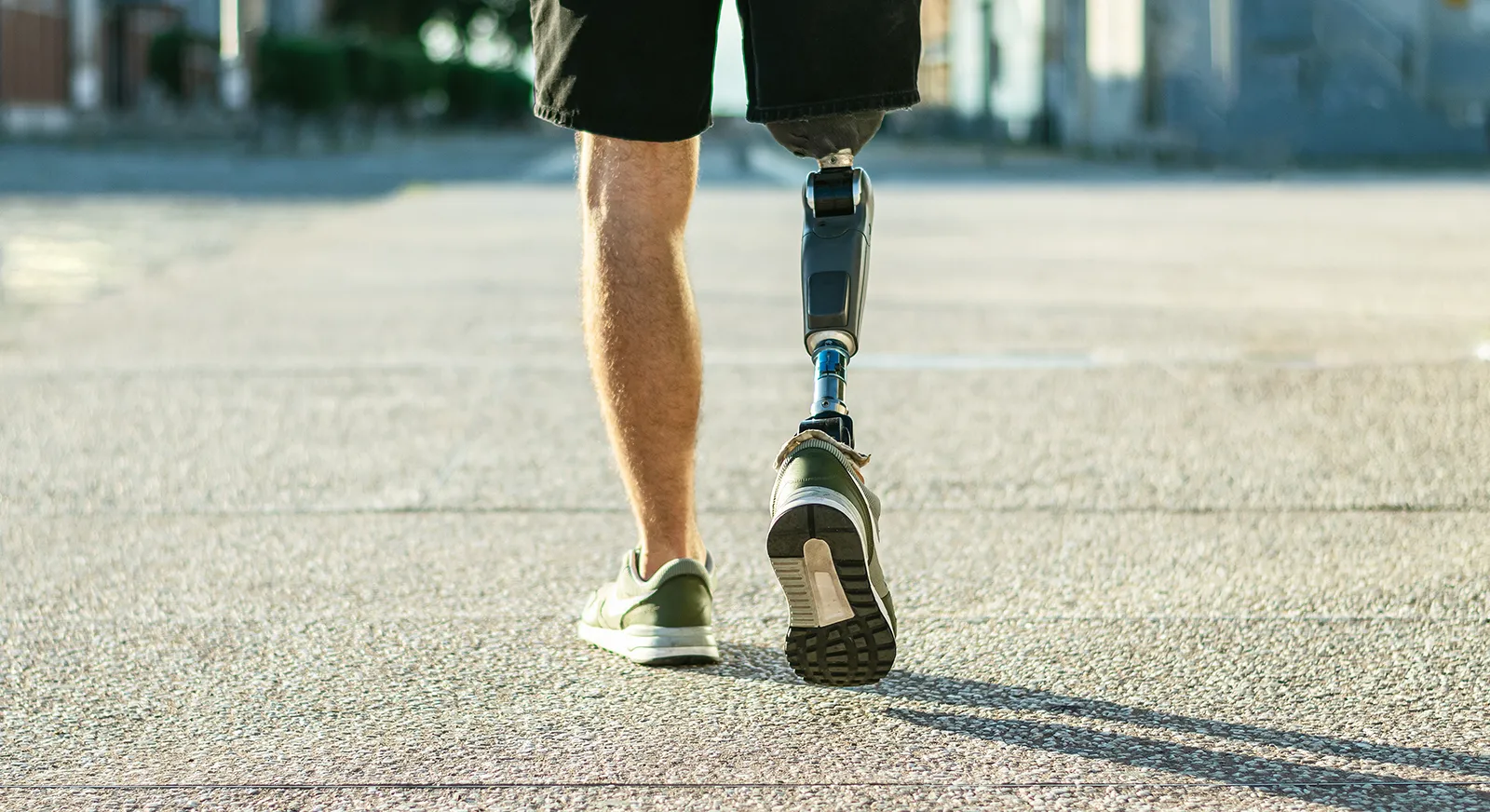“Animals are such agreeable friends―they ask no questions, they pass no criticisms.” ― George Eliot Mr. Gilfil’s Love Story,’ Scenes of Clerical Life, 1857
We are pretty fortunate in the UK, in that we don’t have any exotically dangerous animals roaming free. For example, if we go to the bathroom at a friend’s house, we are going to be most unfortunate indeed should we end up being bitten on the posterior by a venomous spider, as potentially may be the case in Australia.
Nevertheless and despite animals in general being ‘such agreeable friends’ animal injury compensation claims are being made in the UK as a result of injuries caused by the types of animals that are either kept as pets or found on farms up and down the country. In rare cases too, animals in zoos have caused injury to their keepers or members of the public.
Injuries caused by animals can be severe or in some cases even lead to fatalities. So what can you do if through no fault of your own, you find yourself nursing an injury caused by an animal?
Dog bite claims
These are the most common types of animal injury claim in the UK, which in no small part is due to the fact that 24% of the UK adult population have a dog with an estimated population of 9.9 million pet dogs. Whilst most of our beloved doggie friends will never bite or attack anyone, the sheer numbers of them mean that if the animals are not properly trained or otherwise looked after, then some dogs are going to bite or otherwise cause injuries to humans in some situations. Those animals which are classified as dangerous dogs can be a particular problem if not properly controlled.
Figures from NHS England show that in 2011 to 2013, there were some 6,317 admissions to hospitals for dog bites or other injuries, rising to a record number of 7,673 in the year 2015-2016, an increase of over 21%.
We have written in more detail on the subject of claiming for dog bite compensation in our blogs ‘Dog bite compensation – should I make a claim?’ and ‘When the bite is worse than the bark’ , both of which can be found on our website’s Blog section. Suffice it to repeat a little of the advice provided in our previous blogs: dog owners are held responsible for the acts of their pet dogs by virtue of the Animals Act 1971.
If you are injured as a result of a dog bite or other type of attack by a dog, you may well be able to make a claim for compensation against the owner of the animal. Most owners will have either specific pet insurance or alternatively may be covered by their household insurance policy for any compensation that a victim successfully makes a claim for, in the event of their suffering personal injury caused by a dog bite. If there is no insurance in force to cover this eventuality, then it may be possible to make a claim for compensation under the Criminal Injuries Compensation Authority, or to make a claim against the dog owner even though there is no insurance in place. For example, if a Premiership footballer’s poodle bites you, even if the footballer didn’t have insurance for the incident, the footballer is clearly worth suing.
The Criminal Injuries Compensation Authority route can be a more complicated option only available if you are able to prove that the attack by the dog was deliberate and that either the attack took place because the owner intended the dog to attack you or because they failed to properly control the dog, when they knew that it was a danger to people.
If you have been bitten by a dog and wish to consider making a claim, but are unsure as to whether you have a claim that can be pursued and the means by which you should do so, please contact one of our specialist personal injury lawyers at Truth Legal. It is worth pointing out that, as in all cases involving making a claim for compensation following an animal attack which causes personal injury, you only have three years within which to start your claim (though there can be some exceptions).
Cow attack compensation claims
Yes, you did read that right. According to an article which appeared in the Independent in November 2015, cows are officially the most deadly large animals in Britain, with statistics showing that 74 people at the time of the article had been killed by cows over the preceding 15 year period, whilst dogs during the same period had been responsible for 17 deaths.
As an HSE report on the subject revealed, of the 74 people killed by cows, 18 were members of the public using public footpaths or commonly used rights of way. All but one were accompanied by a dog. Ten of the accidents involved cows with calves and only one involved a bull. The remaining 56 fatalities involved workers engaged in farm work. Of the farm staff incidents 11 of the 56 involved newly calved cows and 23 were attacked by bulls.
As anyone who has walked a dog through a field of cows will concur, it can be an extremely unnerving experience particularly when there are calves present amongst the herd.
The statistics above only give evidence of fatal accidents involving cattle. There are more still who have been injured in similar incidents. In a claim for compensation reported in the newspapers in 2009, Shirley McKaskie won significant compensation when she was seriously injured by cattle whilst taking a deviation over a nevertheless well-worn unofficial path, whilst walking her dog across fields in Cumbria. The farmer, a Mr Cameron, was found liable for failing to take reasonable care for Mrs Mckaskie’s safety under the Occupiers’ Liability Act 1957 and under the Animals Act 1971, because ‘aggressiveness’ was a characteristic of cows with young calves and this was known to him.
At Truth Legal, we won a similar claim for a man who was injured by a cow whilst crossing a field in North Yorkshire.
Farm employees who suffer injury whilst dealing with cattle (or indeed other animals) during the course of their employment, may well have a right to bring claims for injuries suffered during their employment, as an employer has a duty to protect the safety of his employees whilst they are at work. Those who fail to do so will be legally obliged to pay compensation if an employee is injured as a result of their negligence.
Another area where cows have been known to cause personal injury is when they have escaped from farm property onto the road into the path of vehicles. If the cow was on the road due to the negligent act of the farmer in not ensuring that the animals were properly secured, then it may be possible to bring a claim against the farmer, for any personal injury that ensues to a driver who is unfortunate enough to come into collision with a cow that wanders into his or her path.
Many years ago, I once acted for a woman who drove into a cow on a motorway! The poor lady suffered quite nasty whiplash, as well having her car written off.
In the case of Williams v Hawkes decided in 2017 the court held that the owner of a steer (a male cow which has been neutered) that had escaped from a farm after being ‘spooked’ was liable for the severe personal injuries sustained by the driver of a vehicle that came into collision with the steer.
Horse Related Injuries
In all cases where incidents with animals cause personal injury to humans, the question that needs to be asked is, who was responsible for the incident? If, for instance, in the case of a horse rider being injured as a result of being thrown from the horse, was it a spontaneous and unprovoked action by the horse? If it was, then you may not be able to make a successful claim. However, if the horse’s reaction was caused by another person’s actions then you may have reasonable prospects of making a claim.
The topic of personal injuries caused by horses could form the basis for an article on its own. Horse-related injuries can be extremely serious caused as they are by animals that weigh an average of 500 pounds.
Here are some of the ways that horse or equestrian accidents giving rise to compensation claims may take place:
- Riding schools – if injury occurs as a result of the instructors not being suitably qualified or experienced; through mismanagement or by providing the rider with incorrectly fitted riding hats or body protection. There potentially will be a claim against the proprietors of the riding school, should an accident take place as a result of a fall from a horse during the course of a riding lesson or other group activity organised by the school. Falls from horses are the most common type of riding accident. Equally if the horse that the pupil is provided with has a temperament that is not suitable for the individual’s horse skills and a fall occurs due to the rider not having the experience to control it properly, that could also lead to a viable claim being made.
- Stables – if horses are not properly controlled in the confines of a stable or other enclosure at the riding school or stud, then there is a risk of being injured by a horse e.g. by being crushed against one of the walls or a fence in the confined space.
- Accidents at work– those who work with horses – stable hands being an obvious example – are owed a duty of care from their employer to ensure that they are provided with a safe working environment. If the employer fails in that duty and as a result a horse injures the employee, then again there is the prospect of being able to bring a claim against the employer for injuries and other losses that take place as a result of the breach of duty or negligence of the employer.
If you were injured in any of the ways described or as a result of a situation involving a horse that has not been described, then please do call one of our personal injury lawyers at Truth Legal. Cases of personal injury caused by horses can be complex from the point of view of determining liability: that is, how the accident was caused and who, if anyone was responsible for the accident happening in the first place. We are usually able to offer No Win, No Fee agreements for such claims.
So, if you have been unfortunate to have been injured by a horse and want to know if there is a way that you can claim compensation, then a call to us will enable one of our solicitors to talk it through with you to establish if you have grounds for making a claim. You can call us on 01423 788538 or email help@truthlegal.com and we’ll get back to you straightaway.
Other types of accidents involving animals
We have only looked in any detail at compensation claims for injuries caused by three types of animal. There are of course many more. For instance animal attack injuries sustained at zoos may come from a wide range of dangerous species. They are thankfully few and far between, but by the nature of the wide and varied types of animals that are kept in zoos, if something does go wrong, the consequences can literally be fatal. The most at risk persons in a zoo environment are those who work with the animals, the keepers, although other members of staff may also be at risk, should for instance a dangerous animal escape its enclosure. The tragic death of tiger keeper Rosa King in 2017 highlighted the dangers faced by the keepers of dangerous animals on a daily basis.
Whilst zoo keepers will accept the risks of working in close proximity with dangerous animals, they too are still entitled to expect their employer to provide them with a safe working environment. If an injury to a keeper occurs because of faulty or ageing cages or fences that give way or otherwise allow animals to escape and to attack a zoo worker, then the owners of the zoo (or wildlife park – essentially their insurers) may be liable to pay damages for compensation.
Other types of injury can be caused by wild animals such as deer colliding with vehicles on the road. As the deer or other wild animal is not owned by anyone there is no-one to make a claim against. If, however, a deer escapes from an enclosure or wildlife park and strays onto the road and you collide with it, there is a potential claim to be made against the owner of the enclosure for failing to contain the animal within the owners’ property.
There are some common themes apparent from all these findings:
- The owners of dogs should not take their responsibilities lightly. The Dangerous Dogs Act 1991 does not just apply to the ownership or banning of specific breeds of dog. It also applies to all dog owners to the extent that Section 3 of the act places a duty on an owner or a person in charge to ensure that their dog is kept in control in a public place.
- Should you be injured by a wild animal, whether that be because you collide with it on a road or are bitten by it whilst out for a walk in a public space, it is unlikely that you would be able to make a successful claim for compensation.
- If you are injured as a result of a collision on the road with any animal that is owned by someone e.g. a cow, pig, horse, sheep, or dog, then you may be able to claim compensation from the owner if they are traced and if they were negligent in causing or permitting the animal to stray onto the road. To that extent, if the animals have been similarly permitted to stray from their enclosures and they attack and bite or trample you, then a claim against the owner for animal attack compensation could be made.
- If you are walking with your dogs in fields where there are cows with calves (or where there are bulls) we’d suggest that you turn around and find another route if possible! If you were unfortunate enough to get trampled by them (and you survive) don’t expect to be able to make a claim for compensation automatically. The case of Mrs Mckaskie who successfully recovered compensation from the farmer whose cows trampled her, whilst she was walking her dog, was decided on quite narrow facts.
- Where an employer’s business is animal centric – farming, horse riding, equestrian schools, stables, stud farms, wildlife parks and zoos, employers owe a duty of care to their employees and a duty to provide them with a safe working environment. If the employee is attacked or otherwise injured during the course of their work duties by one of the animals, then the employer is likely to be held liable to compensate the employee if he or she is injured and the employer is found to have been negligent.
Pursuing claims for animal attack or animal bite compensation are not always straightforward. The law itself can be quite complicated. To give a definite answer as to whether someone has reasonable prospects of succeeding in this type of claim, takes careful consideration by an experienced personal injury lawyer who is used to dealing with claims involving personal injury caused by animals. Fortunately, the lawyers at Truth Legal have dealt with many such cases and our personal injury solicitors are extremely experienced. If after calling us and discussing the circumstances of your claim with us, we believe that you have reasonable prospects of pursuing a successful claim, then we will be able to offer you our services on a No Win, No Fee.
Injured in an animal attack? Call Truth Legal on 01423 788538 or email help@truthlegal.com
Further Reading
From one of the UK’s most read legal blogs.

